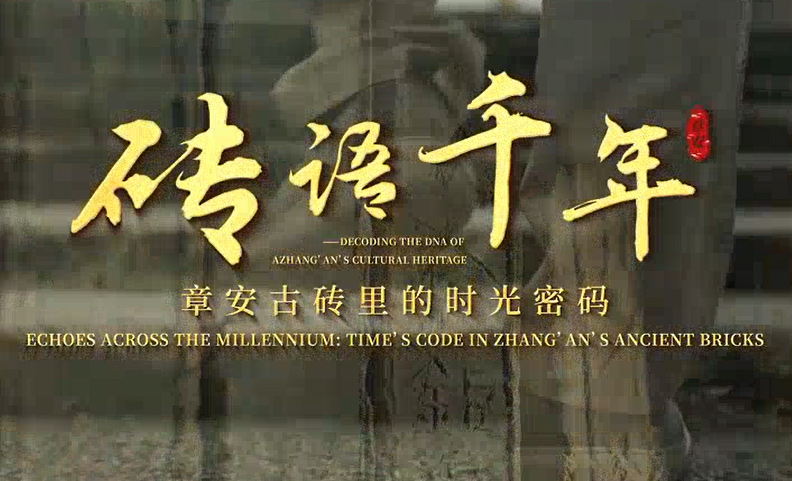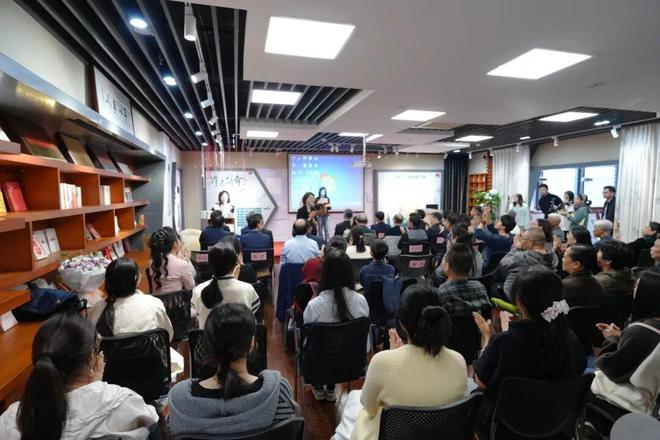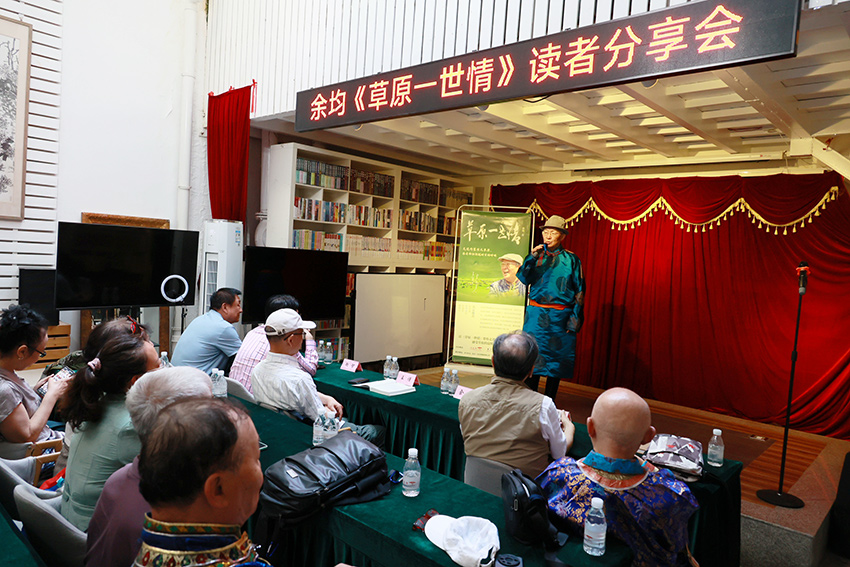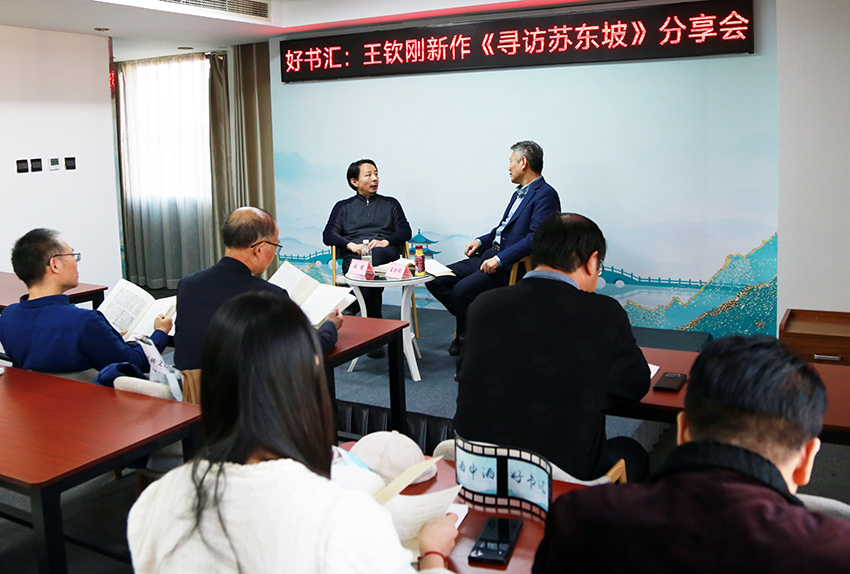吉狄马加获2017年度波兰雅尼茨基文学奖
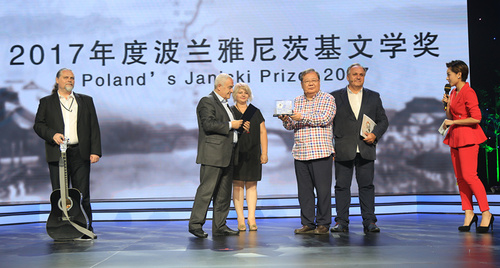
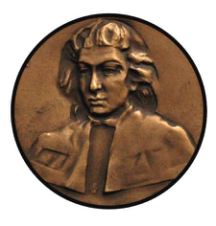
编者按:
雅尼茨基文学奖于20世纪90年代初期创立于波兰,由季刊《隐喻》出资赞助。该刊编辑去世后,该奖项改由哲学艺术季刊《主题》主办。该奖有国际特色,推动了艺术、文学和音乐及新闻报道的原创性、创造性活动。该奖项现在的评委会包含来自不同国家的知识分子、作家、教授、评论家和艺术家。6月22日,2017年度波兰雅尼茨基文学奖授予中国诗人吉狄马加。授奖词如下:
20170623111317
雅尼茨基文学奖授奖词:
吉狄马加是最伟大的中国当代诗人之一,他的诗既不追求复杂的隐喻,也不去诱惑那些热衷复杂语言的读者,它给出一种纯净的、叙述的诗歌类型,其惊人之处在于那些精确的警句,在于其表达心灵瞬间状态和神灵预兆的能力。这是对家族纽带的持续关注,对一个特定民族的持续归属感,这个民族始终保留其各种仪式,并使它们升华为一种完整的文化。这一文化中的许多艺术杰作以及民族史诗《勒俄特依》,借助毕摩之口代代相传。吉狄马加继承毕摩的传统,创作出能被中国和全世界广大读者所接受的现代诗歌。他的诗作被越来越多地译成外文,每一部译作均能在新的语言中得到完美的呈现。这归功于他的诗歌主题上的普世性和语言上的轻盈明快,归功于其近乎祷告和哀恸的声调,归功于其壮阔的颂歌和轻柔的抒情。
数千年来,中国始终是一个真正的诗歌国度,是一个伟大思想家和伟大诗人辈出的国度,是一个当代诗歌倾向条清缕析的国度。在这个国家赢得文学成就本已十分困难,更何况,对欧美诗歌范式的趋之若鹜更已成为一种潮流。马加仿效那些出色的榜样,援引世界各国的伟大诗人,但他从未淡忘他在川滇交界处一个小村里所获得的那样一种文化诗歌。他聆听毕摩和母亲讲的故事,聆听古人和打猎归来的猎人,从而发展出他独特的感受力,能感知自然的原子构成和宇宙的遥远呼唤。诗人在聆听创世的回声,那声音在决定体量,确定颜色,辨识黑暗中的动物、山川、峰峦和峡谷,与此同时,诗人也是创造者,是家族的最后一员,这一家族在忧伤地追念永远逝去的世界。尽管这个世界能在新的诗歌中重生,能在下一代人的记忆中重生,但没有任何东西能使逝者的骨灰重新获得生命。做一位彝族诗人,就意味着去做一位守护记忆的人,做一名证人,见证回望历史的美好举动,见证明亮的眼睛,也就意味着像周围的万物一样,不懈地传递创造的故事,讲述时间和过去,讲述人们如何步入死亡和永恒。
毫无疑问,吉狄马加的诗歌就具有这样一种魔力,这位诗人已成长为彝族最重要的精神上的毕摩,成为一种象征。他骄傲地站在一块岩石之上,俯瞰高山湖泊的水面,看着鹿、鹰和鱼儿渐渐熄灭的眼睛,道出纯真的真理,写出抒情的诗句,这些诗句拨动心弦,成为质朴生活的智性语境,即拥抱自然,伴随在故乡和宇宙深处进行的古老仪式。
RITES OF ETERNITY:
Jidi Majia is one of the greatest contemporary Chinese poets, his poetry neither seeks complex metaphors nor lures the reader with complexities of the language; it rather suggests a model of pure, narrative poesy, surprising with an aphoristic lines capable of capturing ephemeral states of being, frames of mind, or premonitions of ghosts in the beyond. His poetry highlights a sense of belonging to family and to a definite ethnic group which retained its rituals and gave rise to an integral culture. Within that sphere masterworks of art and elements of a national epic, Hnewo Tepyy, were created and modified down through the generations by bimo priests. Majia—following in their footsteps—creates modern poetry, which reaches wide masses in China and all over the world. There are more and more translations of his poems, and each time it turns out that they perfectly fit the new language. This happens due to the universality of his themes and the lightness of his language, his prayerful and elegiac tone, his expansive praise and delicate lyricism. For centuries, China has been the land of real poetry, of great thinkers and poets, this is also a land well-oriented in the trends of contemporary verse. Achieving literary success is extremely difficult there, and it is made more difficult due to a tendency of chasing after European or American patterns. Majia follows extraordinary models, cites great poets of the world, but never fails to forget the cultural poetry, which he acquired among small villages on the border between Sichuan and Yunnan. Listening to stories of bimo, to mothers and elders, to hunters returning with the kill, he developed particular sensitivity to elemental features of nature and the call coming from distant voids of the cosmos. Listening to the echo of creation, delineating proportions and naming hues, making out animals in secluded spaces of mountain ranges, highest peaks and valleys, the poet is at the same time a creative thinker and the last member of his clan, sadly reminiscing of the world gone forever. And although it is born again in new poems and human minds of next generations, nothing will bring back the ashes of the dead to life. To be the poet of the Nuosu means to be the guardian of memory, a witness harkening back to what was achieved; it means to embark on time’s stream, just like everything around, constantly creating a story about time and the past, about the inevitable merging of being onto the death and eternity. Without doubt, the poetry of Jidi Majia casts such a spell, and the poet is growing into the most important spiritual bimo of his nation. Standing proudly on a rock, leaning over the surface of a mountain lake, looking into dying eyes of deer, an eagle, a trout, he utters elemental truths and generates lyrical substance, which tugs at heartstrings and become an intellectual context for simple life in accordance with nature and ancient ceremonies, taking place in the homeland and in distant regions of the universe.
2017年度波兰雅尼茨基文学奖
Poland’s Janicki Prize, 2017
(2017﹒6﹒22)
雅尼茨基文学奖:
雅尼茨基文学奖于20世纪90年代初期创立于波兰,由季刊《隐喻》出资赞助。该刊编辑去世后,该奖项改由哲学艺术季刊《主题》主办。该奖有国际特色,推动了艺术、文学和音乐及新闻报道的原创性、创造性活动。
克莱门斯·雅尼茨基是波兰文艺复兴时期的代表人物,出身贫苦农家,离家后进入格涅兹诺和波兹南的学校就读。在波兹南的路布朗斯基学院,他在约翰·丹蒂夏克、斯坦尼斯劳斯·赫修斯主教、1536年曾任学校秘书的安德鲁·拉迪斯劳斯大主教的照管下学习。他在拉丁文文学领域表现突出,克拉科夫省行政长官彼得·克米塔将他带到自己的官邸,帮助他全面发展。在一位富人赞助下,他到帕多瓦游学,并于1540年在帕多瓦大学获得哲学博士学位。教皇保罗三世封他为桂冠诗人(该头衔相当于拉丁语时代的诺贝尔文学奖)。回到家乡后,他成功地创作了多种诗歌。1543年他在克拉科夫去世,并被埋葬在那里。克莱门斯·雅尼茨基文学奖首任评委会主席是波兰作协主席彼得・昆采维奇(Piotr Kuncewicz,1936-2007),波兰作家、诗人杨・古莱茨-罗辛斯基(Jan Górec-Rosiński,1920-2012),耶日・苏里玛-卡明斯基(Jerzy Sulima-Kamiński,1928-2002),安杰伊・K.瓦希凯维奇(Andrzej K. Waśkiewicz,1941-2012),尼科斯・哈基尼科拉乌(Nikos Chadzinikolau,1935-2009)等都曾担任过评委会主席和评委。波兰许多重要诗人和作家都先后获得过此奖,2015年度获得该奖的是波兰女诗人、文学评论家、翻译家、记者卡丽娜・伊莎贝拉・乔瓦(Kalina Izabela Zioła),从2016年开始,该奖项的评选范围已扩大到国际。
该奖项现在的评委会包含来自不同国家的知识分子、作家、教授、评论家和艺术家:大流士•托马斯•莱比奥达(评委会主席)、加吉克·达夫强(亚美尼亚)、瓦尔丹·哈科比安(卡拉巴赫)、林光美【音】(越南)、哈提夫·贾纳比(伊拉克)、梅廷·塞拉尔(土耳其)、克劳迪奥·波扎尼(意大利)、雅罗斯拉夫·皮亚罗夫斯基(波兰)、维斯拉夫·马尔西夏克(波兰)。
IANICIUS PRIZE
Ianicius Prize was initiated in Poland the early nineties of the twentieth century and was granted by the quarterly magazine "Metaphor." After the death of the editor of this journal, he passed under the wing of the quarterly philological-art "Theme", which will be admitted annually. Now Prize have international character and promotes original artistic creativity in art, literature and music, as well as in journalistic activity. Klemens Janicki (Ianicius) was Polish humanist Renaissance period in Europe. He came from a poor peasant family, and after leaving the family home, he attended the school of Gniezno and Poznan.
Educated in Lubranski Academy in Poznan, he has gained custody of John Dantyszek, Bishop Stanislaus Hosius, Archbishop Andrew Ladislaus, which was secretary in 1536. In recognition of his services in the field of Latin literature, Krakow province governor Piotr Kmita, took him to his court and allowed the all-round development. A wealthy patron facilitated him a trip to study in Padova, where in 1540 he received a degree of Doctor of Philosophy at the University of Padova. Pope Paul III bestowed him a poetic laurels and gave the title: Poetae laureatus (It was like Nobel Prizes in latin language times). After returning home, he created with great success the songs of many species. He died in 1543 in Krakow and was buried there. The first President of the Chamber of Ianicius Prize was Piotr Kuncewicz (1936-2007), President of Polish Writers' Union. Some other Polish writers and poets, including Jan Górec-Rosiński (1920-2012), Jerzy Sulima-Kamiński(1928-2002), Andrzej K. Waśkiewicz(1941-2012)and Nikos Chadzinikolau(1935-2009), once served as President or member of Chamber of Prize. Many important poets and writers of Poland have been the laureates of this prize. Ms. Kalina Izabela Ziola, a Polish poet, literary critic and translator, has won the prize in 2015. Since 2016, the range of candidates of the prize has extented to foreign writers.
In present Chamber of Prize are international intellectuals, writers, professors, critics and artist: Dariusz Tomasz Lebioda (President), Gagik Davtian (Armenia), Vardan Hakobyan (Karabach), Lam Quang My (Vietnam), Hatif Janabi (Irak), Metin Celal (Turkiye), Claudio Pozzani (Italy), Jaroslav Pijarowski (Poland), Wieslav Marcysiak (Poland).
作者:雅尼茨基文学奖评委会
来源:中国诗歌网
http://www.zgshige.com/c/2017-06-23/3656583.shtml


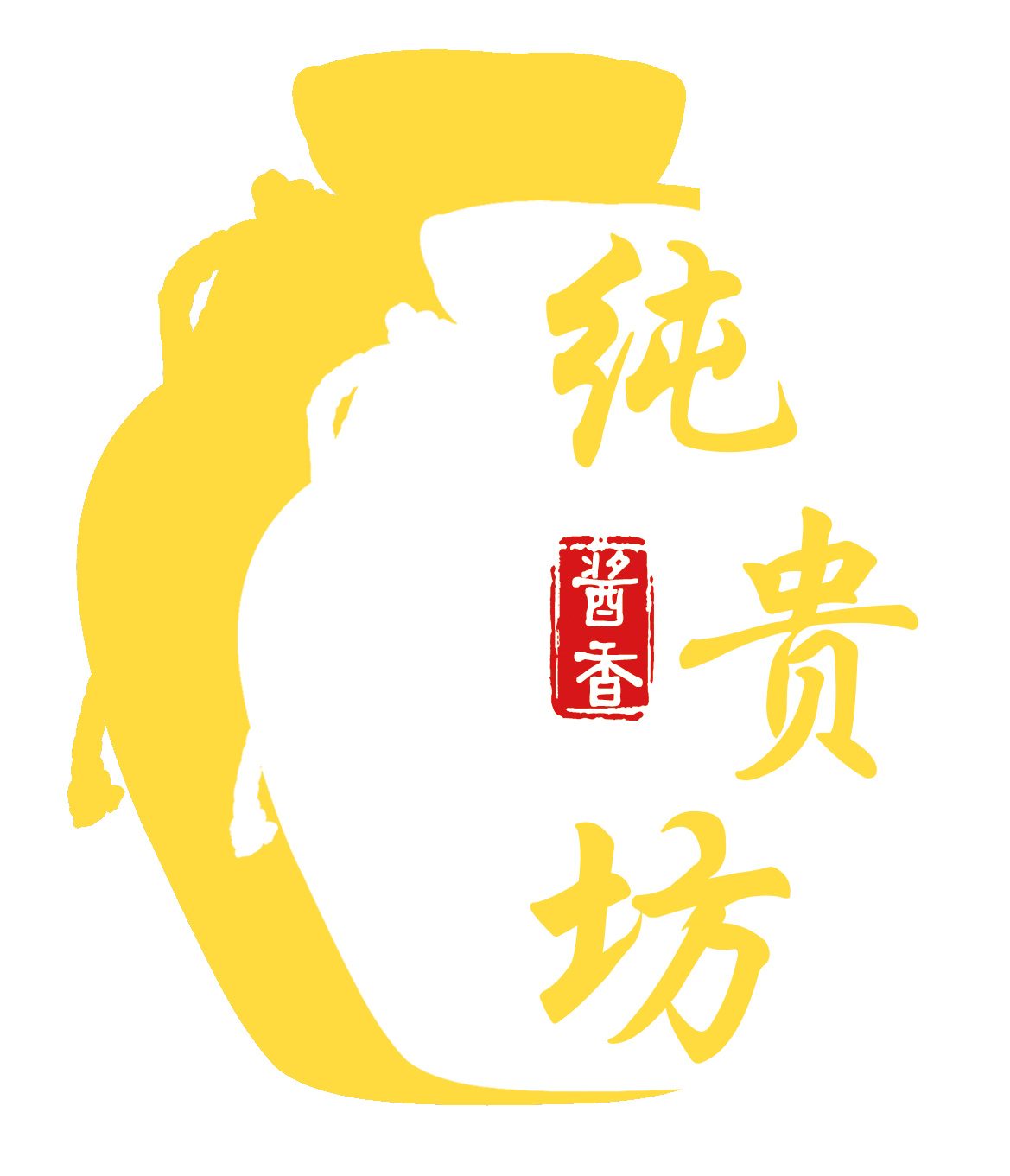 纯贵坊酒业
纯贵坊酒业
